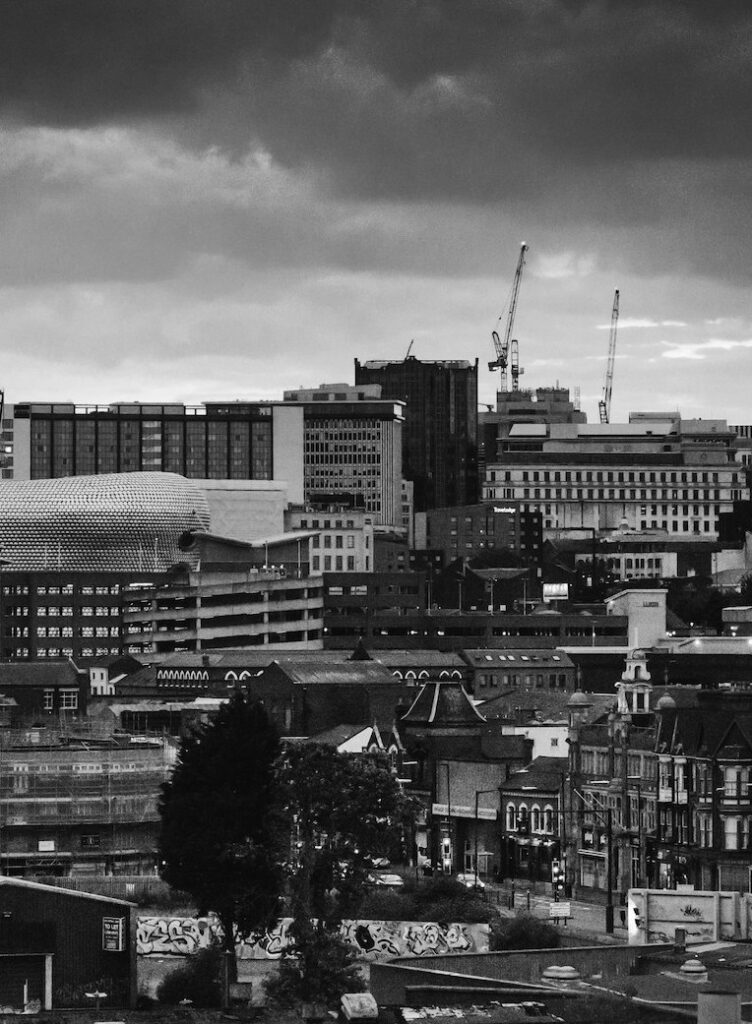About
Al Abbas Birmingham History
The KSIMC of Birmingham is a religious organisation set-up by the Khoja Shia Ithna-Asheri Muslim Community, who had migrated to the West for education purposes and to seek salvation from conflict and instability during the 1950’s and onwards. In the absence of a mosque or social centre, this first group started conducting majalis (religious gatherings) at each other’s houses.
With the continued growth in population of Khojas in Birmingham,a house on Chesterton Road was rented to serve as a centre. Since then, the KSIMC of Birmingham has built a multi-purpose centre with the hopes of meeting the needs of its growing community, such as Madrassah, career seminars, hosting majalis to further the teachings of the Ahlul Bayt, and sports.
Our vision is to create a Spiritual and Vibrant Community, based on the Values and Practices of the Islamic Shia Ithna-Asheri Faith; by developing the potential of its members, engaging with the wider society, being held accountable to itself and its members and serving the needs of humanity worldwide.
1968
The initial settling of the KSIMC in Birmingham
1973
Considerable population surge of the KSIMC
1975
KSIMC’s property purchase on Forest Road
1980
Construction work at the current Clifton Road site

